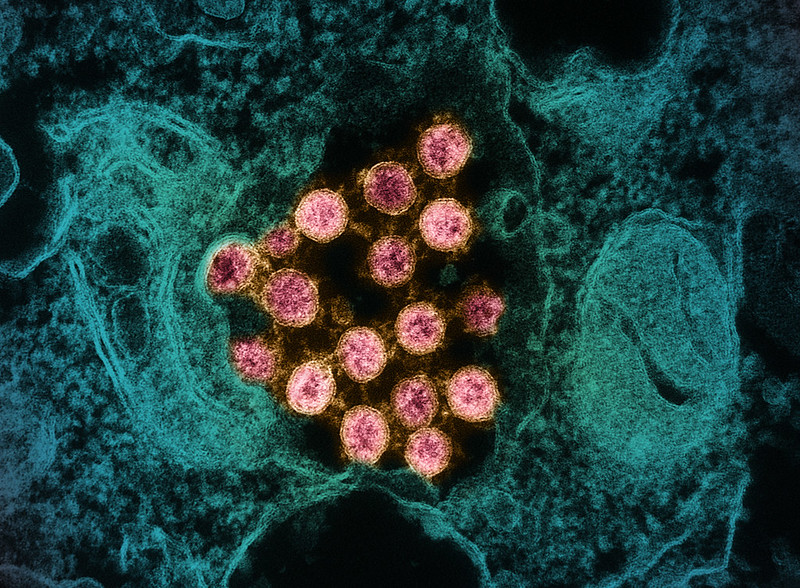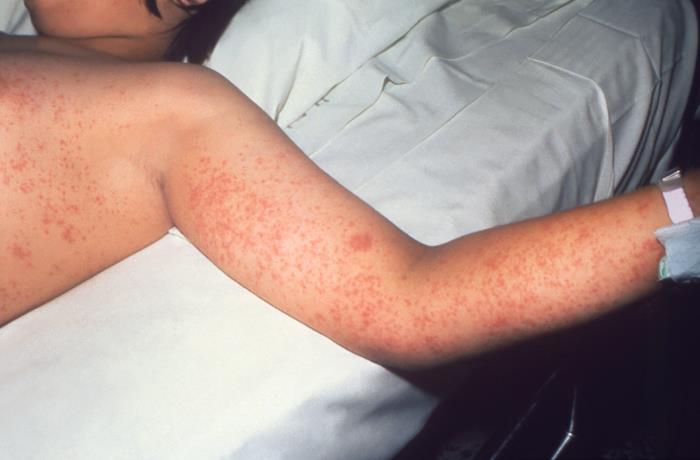Scientists examining SARS-CoV-2 wastewater samples in Southeast Asia have detected a few samples containing the BA.2.87.1 variant, the first known detection outside of South Africa.

In a post on X (formerly Twitter), Leshan Wannigama, MD, PhD, a clinical microbiologist and infectious disease specialist in the department of infectious diseases and infection control at Japan's Yamagata Prefectural Central Hospital, said the team found a "handful" of samples and that transmission seems to be very low.
He added that the variant was found in samples from the last week of December 2023 and the second week of January 2024.
South African scientists identified a small number of BA.2.87.1 sequences in samples collected from September to December, while noting the virus wasn't causing an increase in cases. The virus is distinct from other circulating variants and has 100 mutations when compared to the BA.2 parent lineage and contains changes that could prompt an antigenic shift.
Agencies monitoring developments
In mid February, the Centers for Disease Control and Prevention (CDC) said it is closely monitoring BA.2.87.1 because it has more than 30 changes in the spike protein compared to XBB.1.5, the variant covered by the current monovalent (single-strain) vaccines.
The CDC said viruses with multiple spike protein changes could increase the potential for immune escape from earlier infection or vaccination. It emphasized that experience with BA.2.86 and its JN.1 offshoot serves as a reminder that variant transmissibility can change quickly over time.
The European Centre for Disease Prevention and Control has also designated BA.2.87.1 as a variant under monitoring.














